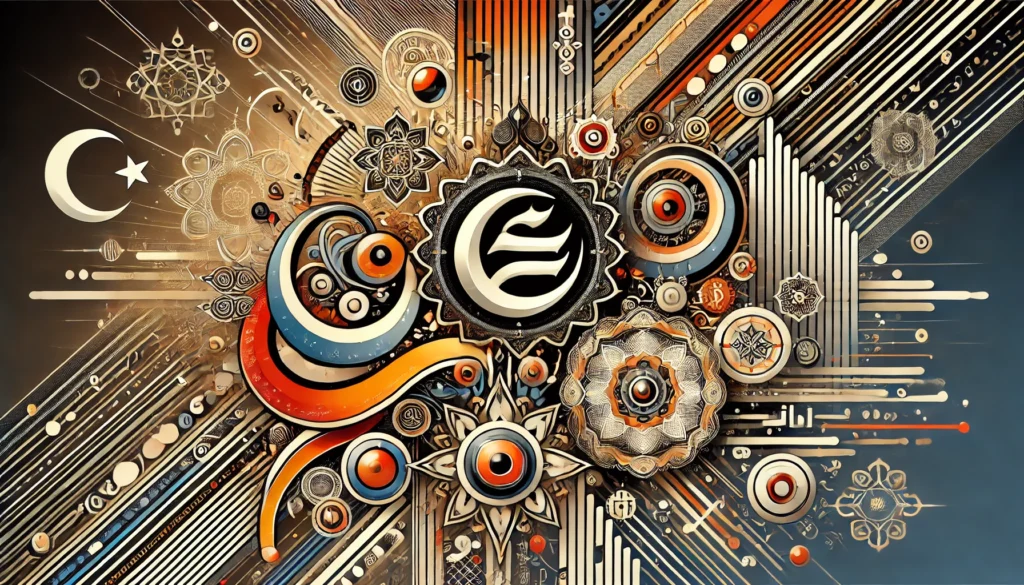Introduction to Şeygo
Şeygo is an intriguing term that has captured the attention of many due to its rich history and diverse applications. At the heart of Şeygo lies a blend of tradition, cultural symbolism, and contemporary relevance. Understanding Şeygo involves delving into its origins, evolution, cultural significance, and the way it continues to shape modern conversations. In this article, we’ll explore the linguistic journey of Şeygo, its influence in digital spaces, and its role in identity and community building.
Historical and Cultural Significance
Şeygo holds deep roots in cultural narratives, originating from ancient dialects that have shaped its meaning over time. Historically, Şeygo was more than just a word; it represented a set of values and traditions that were passed down through generations. In some regions, Şeygo became a symbol of resilience, adaptability, and communal identity. This association with historical communities gave the word a special place in preserving cultural heritage.
The Linguistic Evolution of Şeygo
Linguists often regard Şeygo as a prime example of how language evolves over centuries. The word has changed meanings as it crossed different cultural and linguistic boundaries. Initially, Şeygo was used in specific contexts, tied to rituals or local narratives. However, as cultures interacted and languages merged, Şeygo took on new meanings and functions, showcasing the dynamic nature of language.
Table: Linguistic Evolution of Şeygo Over Time
| Era | Region | Original Meaning | Modern Interpretation |
| Ancient | Anatolia | Symbol of community | Cultural identity marker |
| Medieval | Middle East | Term of resilience | Heritage and adaptability |
| Modern | Global | Flexibility in speech | Diverse interpretations |
Modern Usage and Interpretation
Today, Şeygo is not confined to its historical roots. It has found its way into everyday language, social media trends, and even art forms. For some, Şeygo embodies nostalgia and connection to their heritage. In contrast, others use Şeygo in a more abstract sense to signify versatility or modernity in their interactions.
Şeygo in Digital Communication and Social Media
Şeygo’s influence has spread beyond traditional contexts, becoming a popular reference in memes, digital conversations, and social media hashtags. This shift highlights how digital communication has expanded the reach of traditional words, giving them new dimensions. Platforms like Instagram and TikTok have played a significant role in popularizing Şeygo among younger audiences.
Real-World Applications of Şeygo in Business, Technology, and Lifestyle
Şeygo is more than just a cultural term; it also has practical implications across various fields. Businesses and innovators are tapping into Şeygo’s essence to create products, services, and trends that resonate with the modern consumer. In the technology sector, Şeygo-inspired designs emphasize flexibility and adaptability.
Şeygo’s Role in Identity and Community Building
For many communities, Şeygo acts as a bridge between past and present. It connects individuals to their roots while allowing them to adapt to changing cultural landscapes. This dual role makes Şeygo a powerful tool in maintaining a sense of identity, even as societies evolve.
Popular Culture and Şeygo
In recent years, Şeygo has entered the realms of literature, music, and art, where it serves as a symbol of cultural pride and adaptability. Artists often use Şeygo to evoke nostalgia, identity, or resistance against homogenization. This has helped Şeygo remain relevant, even as global cultures merge.
Challenges Facing the Spread of Şeygo
Despite its widespread usage, Şeygo faces challenges, particularly in the digital age where languages and dialects often lose their unique elements to globalization. There is a risk of homogenization, where words like Şeygo may become diluted or lose their deeper meanings.
The Future of Şeygo
Looking ahead, Şeygo is poised to continue evolving as it navigates the complexities of modern communication. Whether it’s through innovative uses in digital media or as a marker of cultural identity, Şeygo’s future seems bright. However, efforts to preserve its traditional meanings and contexts will be crucial.
FAQs About Şeygo
1. What is the meaning of Şeygo?
Şeygo is a versatile term with historical and cultural roots. It often represents identity, adaptability, and resilience in various contexts.
2. Where does the term Şeygo originate?
Şeygo originated from ancient dialects and evolved over centuries, gaining significance in specific communities and gradually spreading to modern languages.
3. How is Şeygo used in everyday language?
Şeygo can be used as a noun, verb, or adjective, depending on the context. It expresses complex ideas or emotions with a single word.
4. What is the cultural significance of Şeygo?
Şeygo symbolizes resilience, adaptability, and a connection to cultural heritage. It serves as a linguistic bridge between generations.
5. How has Şeygo influenced popular culture?
Şeygo appears in music, literature, and media as a symbol of nostalgia, identity, or cultural significance, especially in creative expressions.
Conclusion
Şeygo is more than just a word; it’s a symbol of resilience, adaptability, and cultural pride. Its rich history and versatile usage make it a valuable tool in communication, allowing speakers to express complex ideas with a single term. As Şeygo continues to shape conversations and identities, it reminds us of the dynamic power of language in connecting past, present, and future. By exploring and preserving Şeygo, we contribute to the broader cultural narrative that values linguistic diversity and heritage.


